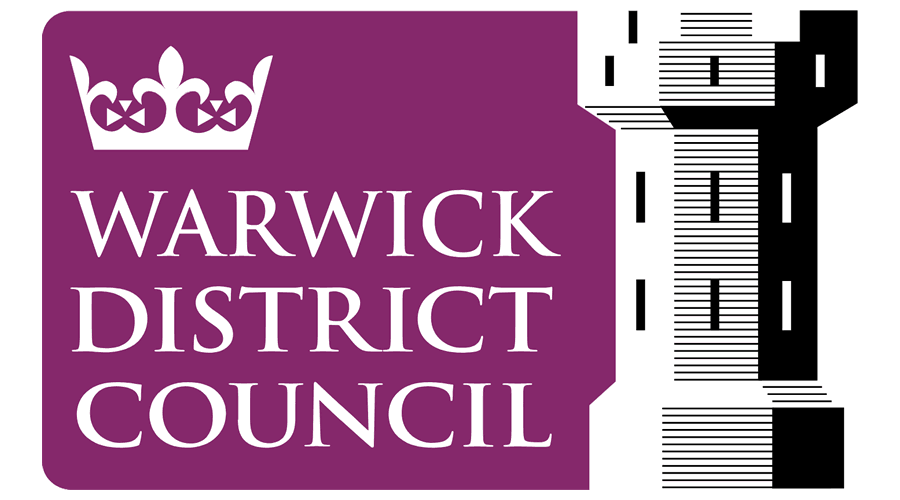AI & Income Collection: Getting It Right
In the ever-evolving landscape of social housing, landlords are facing numerous challenges in income collection and tenancy sustainment. The rise in the cost of living, the ongoing rollout of Universal Credit, funding shortfalls, new consumer standards, and budgetary pressures are some of the most pressing issues to be overcome, all of which are spurring social landlords to look towards technological solutions to each of these particular challenges. In this blog post, we’ll explore how AI can be leveraged to improve income collection efforts, providing a practical framework and examining a recent case study involving Warwick District Council’s (WDC) successful application of Mobysoft’s Automated Arrears Prevention (AAP) platform to reduced arrears levels.
Identifying the Problem
To effectively utilise AI in income collection, it’s crucial to start with a clear problem statement. Social housing landlords are dealing with an increasing number of tenants facing financial hardship, resulting in a rise in arrears and debt. The cost of living crisis is becoming more acute, particularly for self-payers, and more tenants are facing arrears for the first time. The continued rollout of Universal Credit adds to the complexity, with councils experiencing funding shortfalls across all funds.
The objective is to identify at-risk tenants before they fall into arrears and implement preventive measures to sustain tenancies. This requires a robust AI solution that can predict potential financial difficulties and automate interventions.
The Hypothesis
The hypothesis driving the implementation of AI in income collection is straightforward: Can we identify tenants at risk of debt and prevent them from falling into arrears? To achieve this, it is essential to:
- Review the expected outcomes and devise a plan to address any issues.
- Implement new policies and processes to support the operational team.
- Ensure continuous transformation and adaptation through retraining the AI model to account for changes.
- Evaluate whether the necessary skills and resources are available in-house or if external expertise is required.

Ethics and Maintenance of AI Models
Ethics and maintenance are key components of deploying AI in income collection. It is imperative to build and grow through changes, continuously retrain the model, and ensure that the AI provides unbiased insights. Regular updates and ethical considerations ensure the AI model remains effective and fair.
A significant question to address in this respect is whether the organisation has the skills to manage the AI model in-house or if it needs external support. In-house management requires a team with expertise in AI, data analytics, and a deep understanding of arrears within the social housing sector. External providers, whilst potentially lacking in a developed comprehension of the nuances of dealing with tenants in debt, can offer specialised knowledge and non-biased perspectives that may not be present in-house teams.
There’s the theory and now here’s a practical application of it Mobysoft undertook…
Mobysoft and Warwick District Council
Problem Statement
Income teams often lack visibility of tenants who are struggling but not yet in arrears. This invisibility increases the risk of tenants falling into debt unnoticed.
Hypothesis Testing
Mobysoft, in collaboration with Warwick District Council (WDC), aimed to identify tenants at risk of falling into arrears and prevent them from incurring debt. By analysing transactional data, we sought to uncover hidden trends and predict which tenants might face financial difficulties.
Ethical Framework
For this model Mobysoft solely used transactional data. There were several key reasons for this, firstly the ethical perspective of using non-intrusive data, which has helped ensure the model is free from bias. In addition, transactional data is typically the most accurate and ‘clean’ data available, as organisations take great care in accurately recording such data.
Data Model Development
Mobysoft developed data models for its AAP platform that could accurately predict tenants at risk of falling into arrears over the next three months. The platform then sent automated messages to these tenants to see if this intervention could prevent new arrears cases from arising. The results were promising…

Case Study: Warwick District Council
Warwick District Council (WDC) bucked the sector-wide trend of increasing arrears by reducing the number of tenants in debt. Despite the backdrop of escalating costs and expenditures for tenants, WDC achieved remarkable outcomes with Mobysoft’s RentSense and AAP products.
Key Outcomes
- Reduction of average tenant arrears by 10%, while the national average arrears for councils rose by 23%.
- Reduction of overall arrears by 19%, compared to a national increase of 11%.
- 139 fewer tenants in arrears.
These results were achieved by predicting which tenants might fall into arrears and automating contact to encourage a contact resolution. The AI model drew on data from over 180 social landlords and 2 million tenancies, using payment patterns rather than personal data to identify at-risk tenants.
Development and Implementation Process
The project focused on tenants who had been in continuous credit for at least three months. By analysing payment patterns, Mobysoft and WDC could predict which tenants were likely to fall into arrears within the next three months. Automated messages were sent to these tenants, offering support and allowing officers to take preventative measure before these tenants incurred debt.
Successful Outcomes
The AAP platform’s success is evident in the significant reduction in arrears and the increase in tenant credit balances. For WDC, the outcomes included:
- 19% reduction in arrears, achieving their lowest ever arrears.
- 1 in 5 tenants messaged by AAP made an immediate payment.
- Fewer tenants in arrears, contributing to overall financial stability.
These results have not only improved WDC’s financial health but also earned the AAP platform national recognition, winning the ‘AI Project of The Year Award’ at the RITA Awards 2024.

The Bottom Line
AI has proven to be a transformative tool in income collection and tenancy sustainment. By starting with a clear problem statement, developing a robust hypothesis, and ensuring ethical and effective maintenance of AI models, landlords can significantly reduce arrears and support tenants more effectively. Mobysoft’s collaboration with WDC is a testament to the potential of AI in addressing the complex challenges faced by social housing providers. With continuous adaptation and strategic implementation, AI can help create a more sustainable and equitable housing sector for social landlords and tenants alike.,
If you’d like to learn more about our award-winning Automated Arrears Prevention platform, head over to our dedicated Intelligent Automation pages. For further exploration of some of the key considerations when adopting AI, check out Mobysoft’s Introducing AI Into Your Organisation guide. Click the image below to download your copy today!
